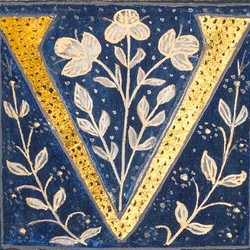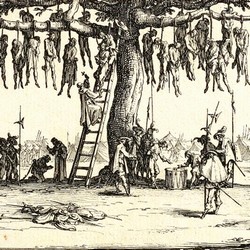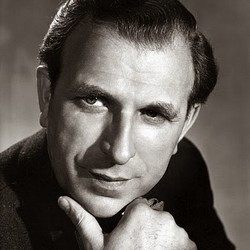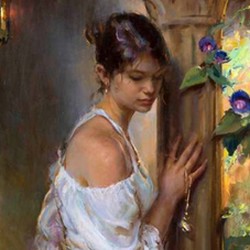- Details

Art Song speaks about life. If you read interviews we read interviews with performers you'll notice that's a usual statement. That's why Art Song is a current genre and that is why the letter V of the Liederabend's alphabet is for vida, life.
Art Song speaks about life because poetry does, of course. The words used by poets four hundred years ago are different from those used one hundred years ago or those that they use today, but their interests remain essentially the same at any time.
- Details

The Thirty Years' War was one of the most terrible episodes in the History of Europe. Officially, it was a war of religions, which began in 1618 with the so-called "defenestration of Prague" and ended in 1648 with the Peace of Westphalia. Of course, the real reason wasn't the disputes between Catholics and Protestants but a political struggle (in fact, there were odd alliances between Catholic and Protestant kings, nothing unites as much as a common enemy), besides, the fact that three ambassadors of the Holy Roman Emperor were thrown out of a window of a castle in Prague was just an anecdote (except for the ambassadors [...]
- Details

I've always been interested in learning about the way our brain 'listens': why do we passionately love some pieces of music whereas some others fail to move us? While preparing this article, an old post explaining something about this subject came to my mind: in short, like it or not, music depends on the balance between what we anticipate, because it's known, and what surprises us, because it's new.
- Details
 Hans Hotter. I listened to him live for the first time at the Teatro Colón in Buenos Aires in 1962. He sang the Grand Inquisitor in Verdi's Don Carlo and the three Wotan of the Wagner's Ring along with Birgit Nilsson and Gré Brouwenstijn (that was the level of the Teatro Colón back then).
Hans Hotter. I listened to him live for the first time at the Teatro Colón in Buenos Aires in 1962. He sang the Grand Inquisitor in Verdi's Don Carlo and the three Wotan of the Wagner's Ring along with Birgit Nilsson and Gré Brouwenstijn (that was the level of the Teatro Colón back then).At seventeen, I already knew him because of his mythical Dutchman, some arias and a little of the Wotan, from Die Walküre, that he had sung with Martha Mödl two years earlier also in Buenos Aires.
- Details

Epheu is the third of the four songs that make up Mädchenblumen, Op.22, cycle that was composed by the german Richard Strauss (1864-1949). Mädchenblumen dates from 1886 and is based on the texts of Felix Dahn (1834-1912), who was a German poet, historian and jurist.
(Post by Michel Reynoso, student of the Master's Degree in Lied - ESMUC)













